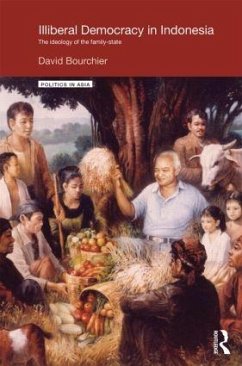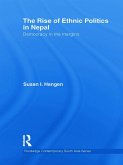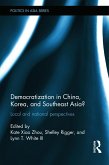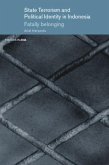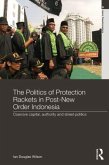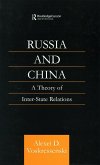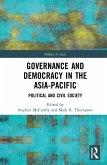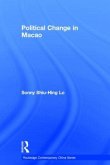Illiberal Democracy in Indonesia traces the origins and development on twentieth century Indonesia of a stream of conservative political thought called organicism. The key tenet of organicism or 'integralism' as it is better known in Indonesia, is that state and society are part of the same organic unity, often symbolised by a family or a harmonious village community. This thesis focuses on the political uses to which organicist ideologies and political formulas have been put in post-independence Indonesia, and the elaboration and mass propagation of organicist ideology by Suharto's 'New Order' regime. It examines the 1989-91 debates about the integralist state, and shows how opposition to organicism reflected not only growing pressures for democratic political reform but also the contradictions between government principles and the demands for transparency and predictability from society.

